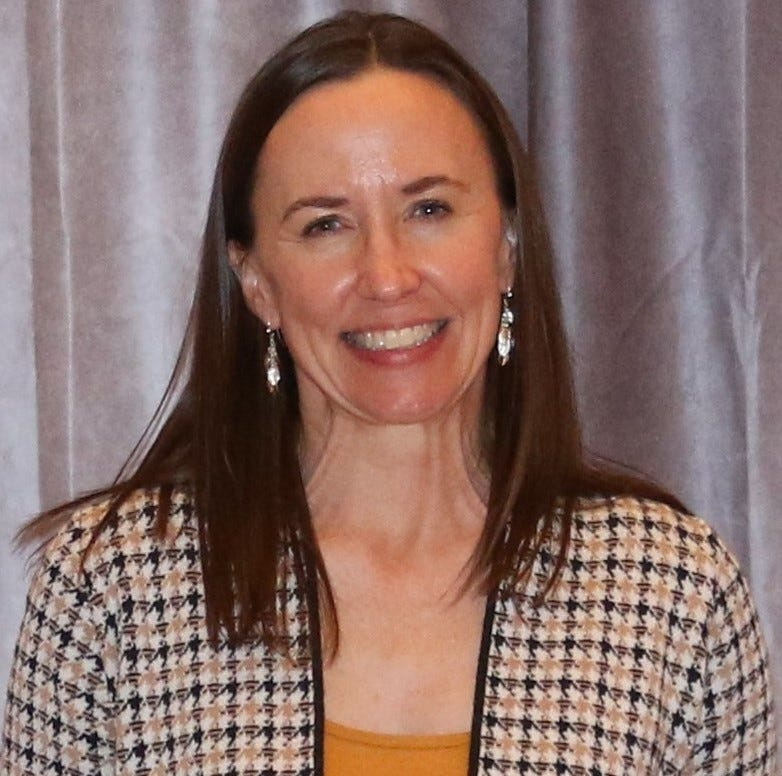Both of my kids are taking personal finance classes this year in high school. My son shared with me his teacher has been stressing the importance of retirement savings.
One of the many aspects of the Real Money. Real World program I enjoy teaching is to share with students the importance of time when it comes to savings.

An article last year in the Journal of Public Economics explored the puzzle of retirement and consumer behavior. It has been the trend for several years that mandatory contribution plans are becoming less common and instead employees are responsible for planning their retirement with voluntary savings.
One thing the researchers found is people repay consumer debt and save more after they retire. In principle, people should be saving more before they retire. The theory was that work-related expenses would account for the reduction in spending in retirement, but after the study they could not conclude this was fully accurate.
I have long been a fan of Richard Thaler’s work with nudges. This is a behavioral economic concept. A nudge is when we change our environment or circumstances in a small way to encourage a change in our behavior. We try to make the better, healthier or wiser choice the more attractive one. Because we have lots of natural tendencies that result in making choices that are easy but not always the best for us.
We can implement nudges in our personal lives on our own. But there are also lots of companies trying to implement nudges in our lives for us. Any time a business or brand encourages us to do something automatically, they help us to incorporate a habit into our lives. They call this choice architecture.
The Center for Health Incentives and Behavioral Economics at the University of Pennsylvania put together a list of some of the best and worst nudges. One person suggested the urinal fly. They must have been having some problems with clean restrooms at an Amsterdam airport, so someone came up with a great plan. Make using the urinal a game. They put a picture of a fly in the urinal and apparently there is just an inner instinct to aim for the fly.
Another example is leveraging social norms to encourage a change in behavior. An example of this is utility bills that include how much energy your household uses compared to other households in the area. There is a human desire to want to be closer to the average or below on expenditures.
So, what can we be doing now to help nudge us in the right direction for retirement planning?
Stanford researcher Jacob Golden would suggest the simpler the better. Their study found people are more likely to sign up for an employer-sponsored savings plan when urged to begin contributing a specific percentage of their income. When giving people a choice of three or four or six, it can result in paralysis. Instead of choosing one of these, they will choose none.
If your employer offers a retirement plan, contribute to it. Say yes. Don’t opt out. And if they don’t, find a financial professional to help you get a plan on your own. Ask around for someone trustworthy and competent. Interview at least a couple of professionals before making a choice for a good fit for you. Search online for good questions to ask while vetting a financial professional.
Today, I’ll leave you with this quote from Walt Mossberg: “I see retirement as just another of these reinventions, another chance to do new things and be a new version of myself.”
Emily Marrison is the OSU Extension Family & Consumer Sciences Educator in Coshocton County and Assistant Professor at The Ohio State University. She may be reached at 740-622-2265 or marrison.12@osu.edu.
This article originally appeared on Coshocton Tribune: Emily Marrison explains how small nudges can help us make better choices vs. easy choices
Reporting by Emily Marrison, Special to the Tribune, Coshocton Tribune / Coshocton Tribune
USA TODAY Network via Reuters Connect


